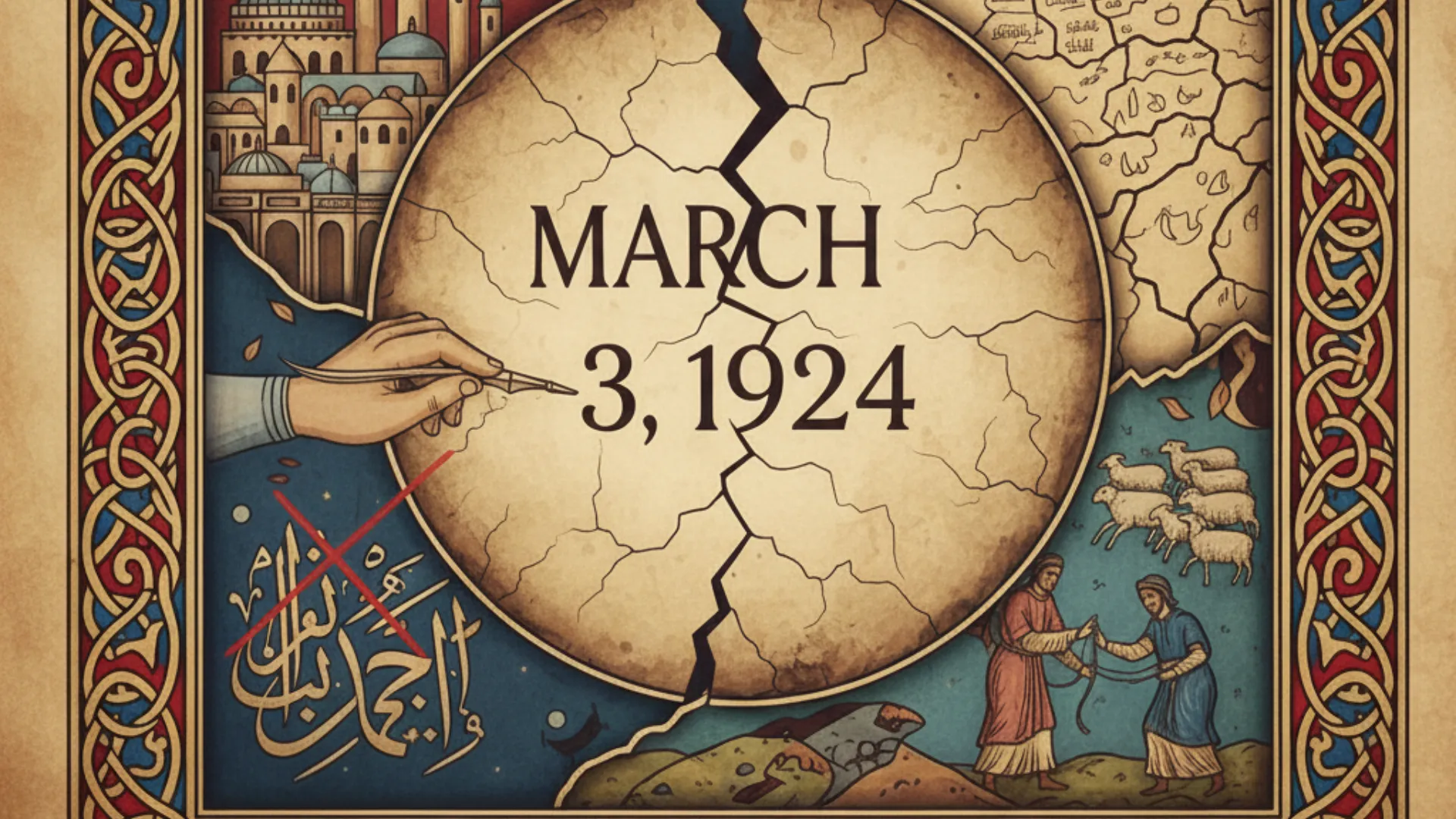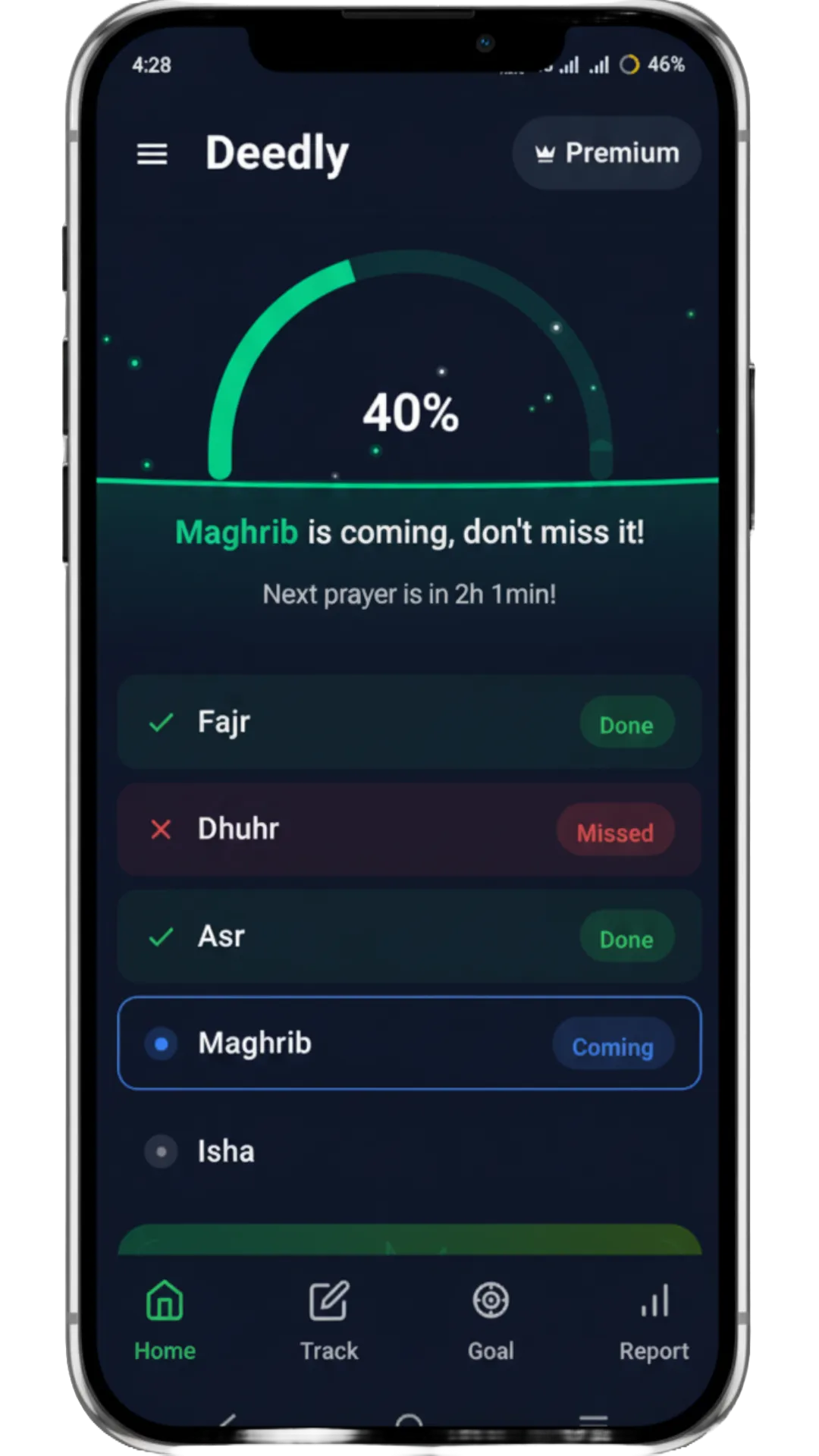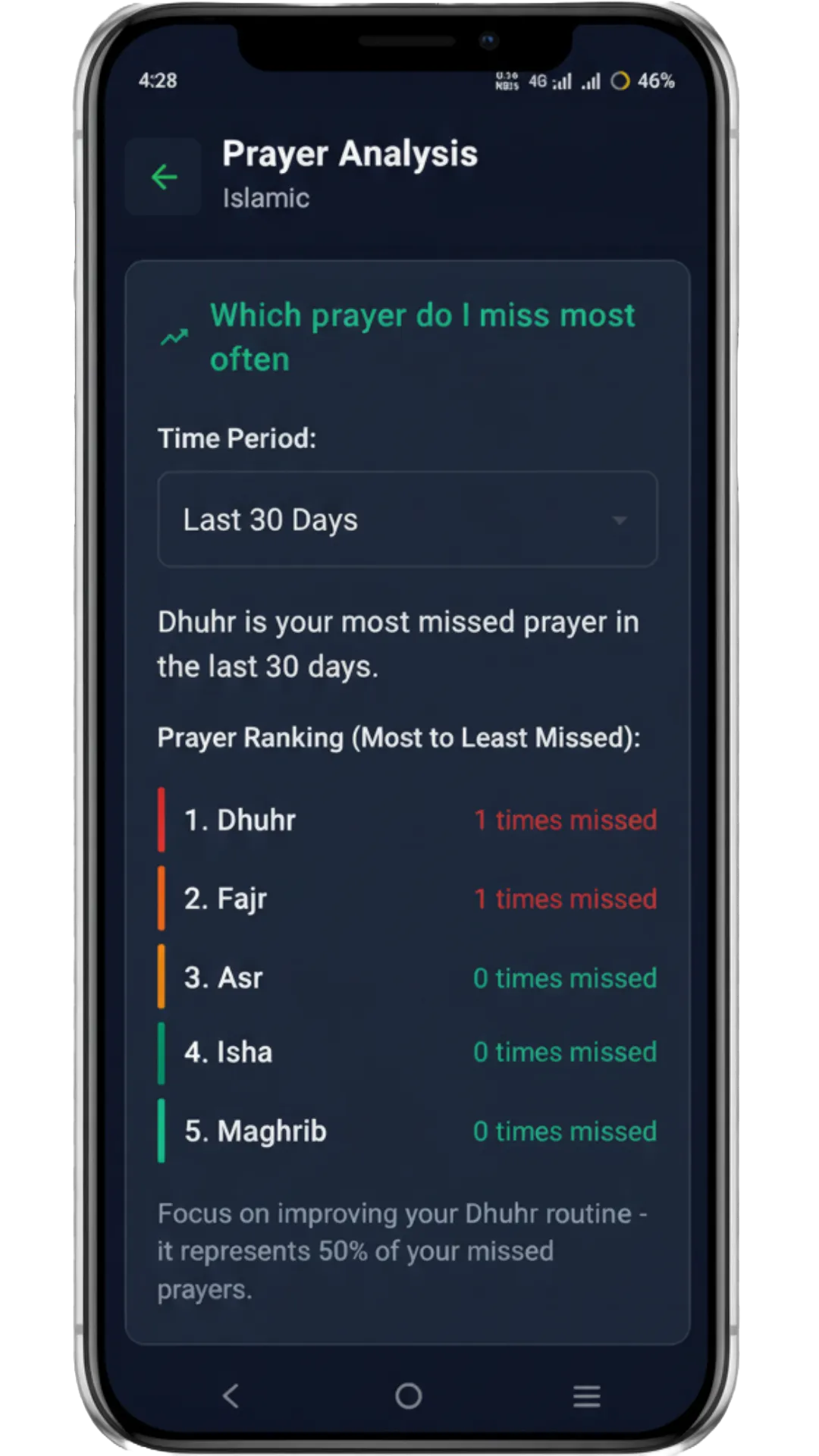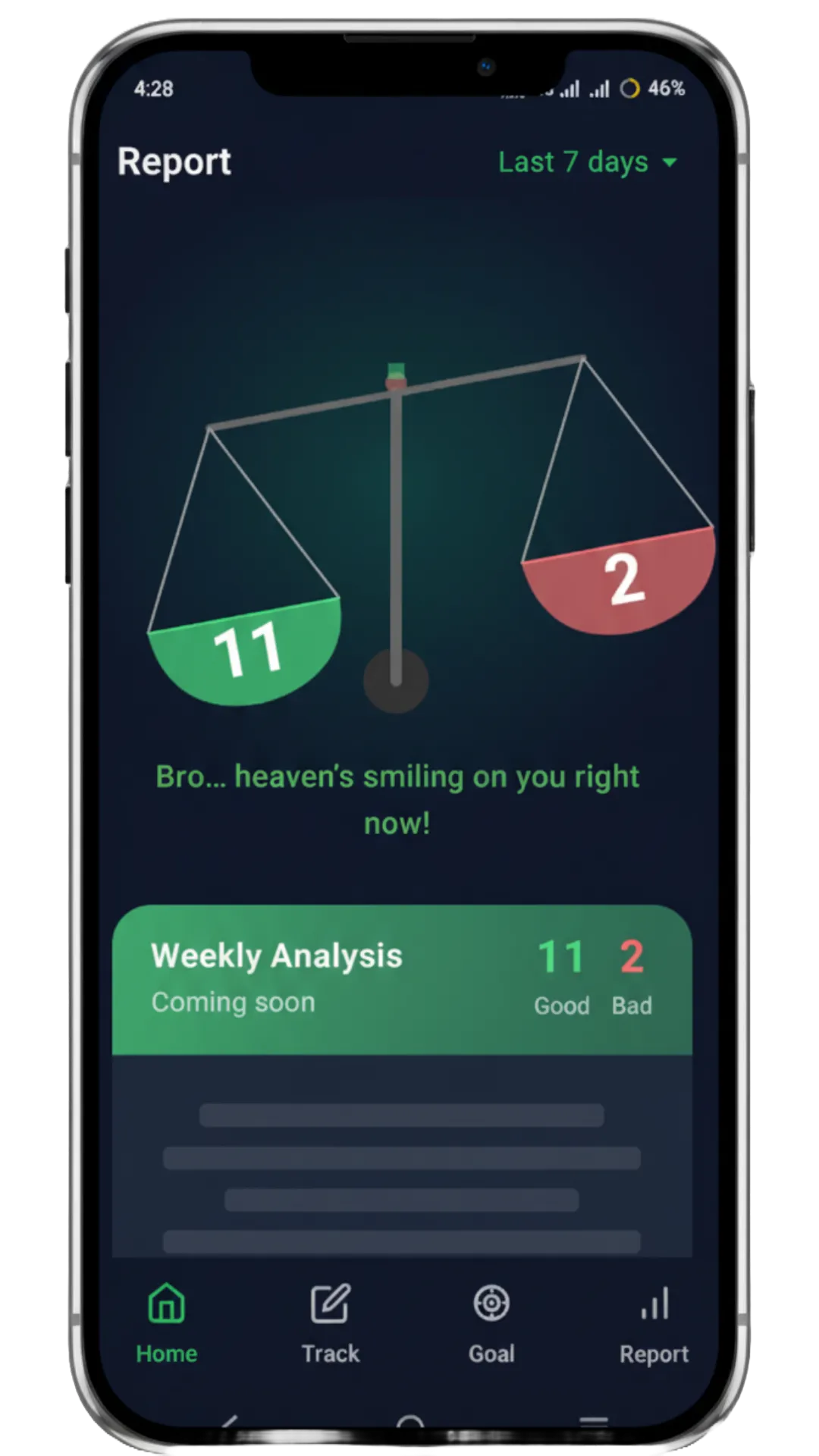There are dates on a calendar, and then there are dates that are fault lines in history. Days when the world cracks open, and nothing is ever the same again.
For the Muslim world, that date is March 3, 1924.
It wasn’t a day of a great battle or a natural disaster.
It was a day of a quiet vote in a government building in Ankara. A day a decree was signed, and a pen stroke formally abolished the Ottoman Caliphate.
To the secular modernizer, it was the birth of a new nation. To the Western powers, it was the final dismantling of a rival empire. But to the heart of the Ummah—the global Muslim community—it was the day the body lost its head. It was the day we were politically orphaned.
What Was Truly Lost?
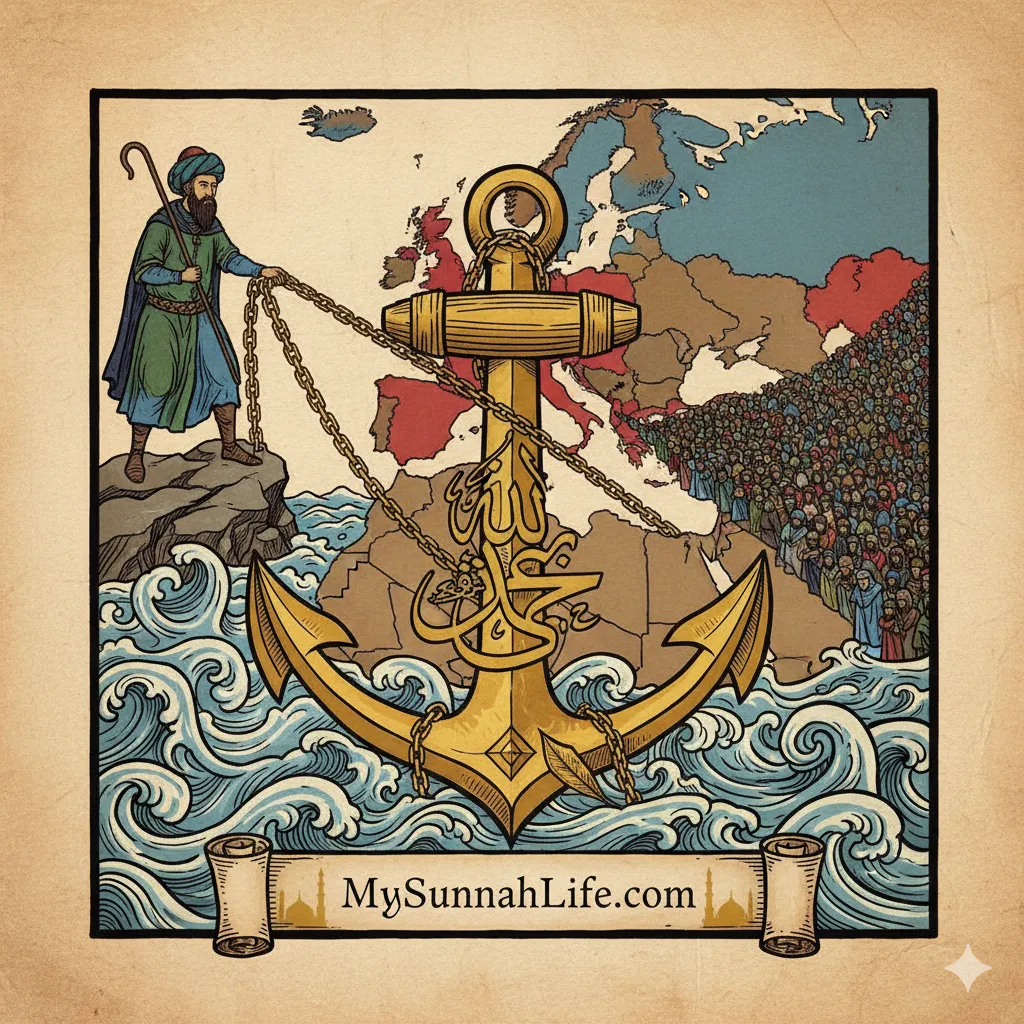
For 1,300 years, the Caliphate stood as a symbol.
Even in its weakest moments, when its power was merely nominal, it represented a profound truth: that a Muslim in Morocco and a Muslim in Java were brothers, part of a single, indivisible body.
Deedly
Advanced Prayer Tracker
Never miss your Salah again! Deedly is an advanced prayer tracking app designed for Muslims who struggle to maintain their daily prayers. Keep track of every prayer, build consistent habits, and strengthen your connection with Allah.
The Caliph was the shepherd of a global flock. He was the single address for the world’s billion Muslims. When one part of the Ummah was in pain, the entire body could, in theory, turn to a center.
It was a psychological anchor in a stormy world, a constant reminder that our allegiance was not to a flag drawn in the sand by colonizers, but to Allah and the community of believers.
On that day in 1924, that anchor was cut. The center did not hold. The shepherd was gone, and the flock scattered.
A World Shattered
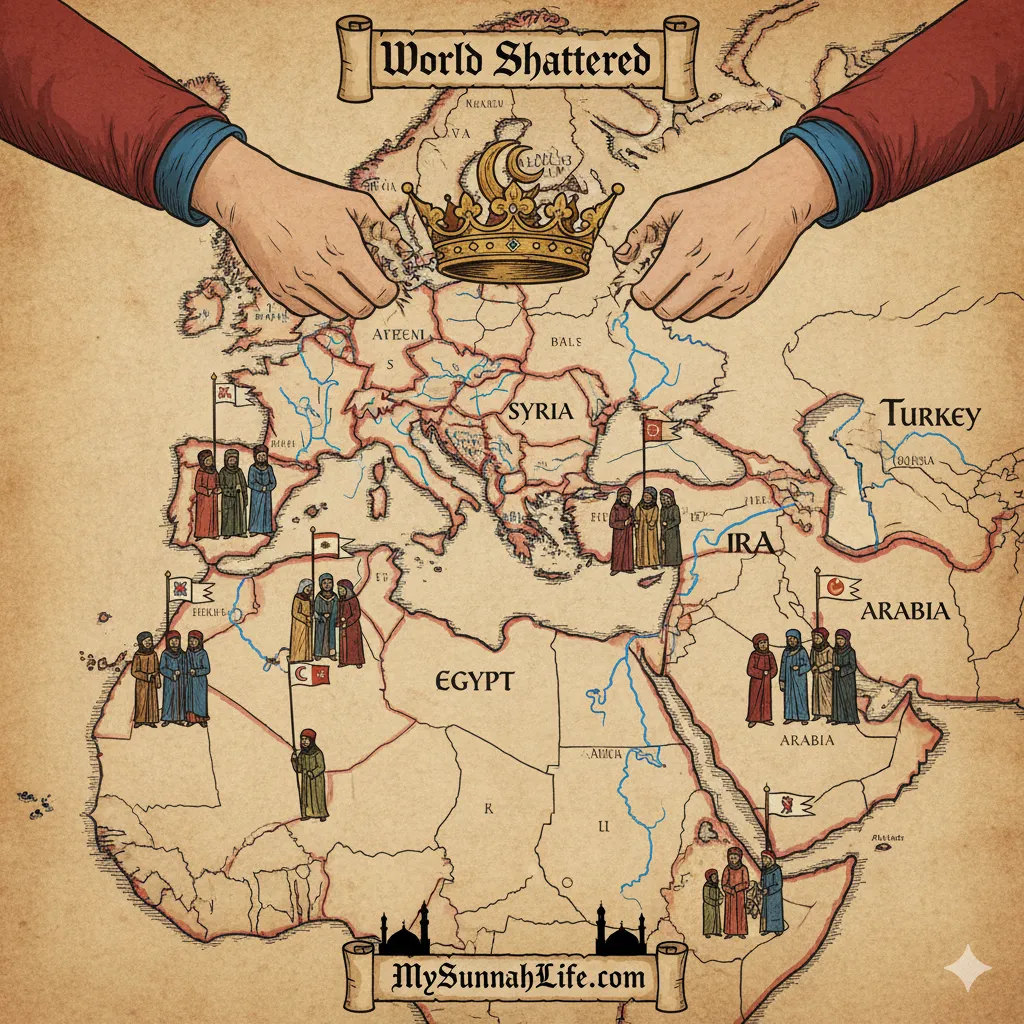
The aftermath was not unity and freedom.
It was a free fall.
The great body of the Ummah was carved up and dismembered.
Artificial borders, drawn by British and French diplomats, became our new realities. We were turned into Turks, Arabs, Syrians, Iraqis—our identities fractured, our loyalties divided. Brother was pitted against brother in the name of new, foreign ideas like nationalism.
The world that once looked to Istanbul now had dozens of capitals, each with its own flag, its own anthem, and its own narrow interests.
We became a collection of competing states, a shattered mirror with each piece reflecting a broken image of a once-unified whole.
This disunity was not an accident; it was a design.
A divided, quarreling Muslim world was a weak Muslim world, unable to stand, unable to protect its own, unable to speak with a single voice against injustice.
The Echoes of a Fallen Pillar
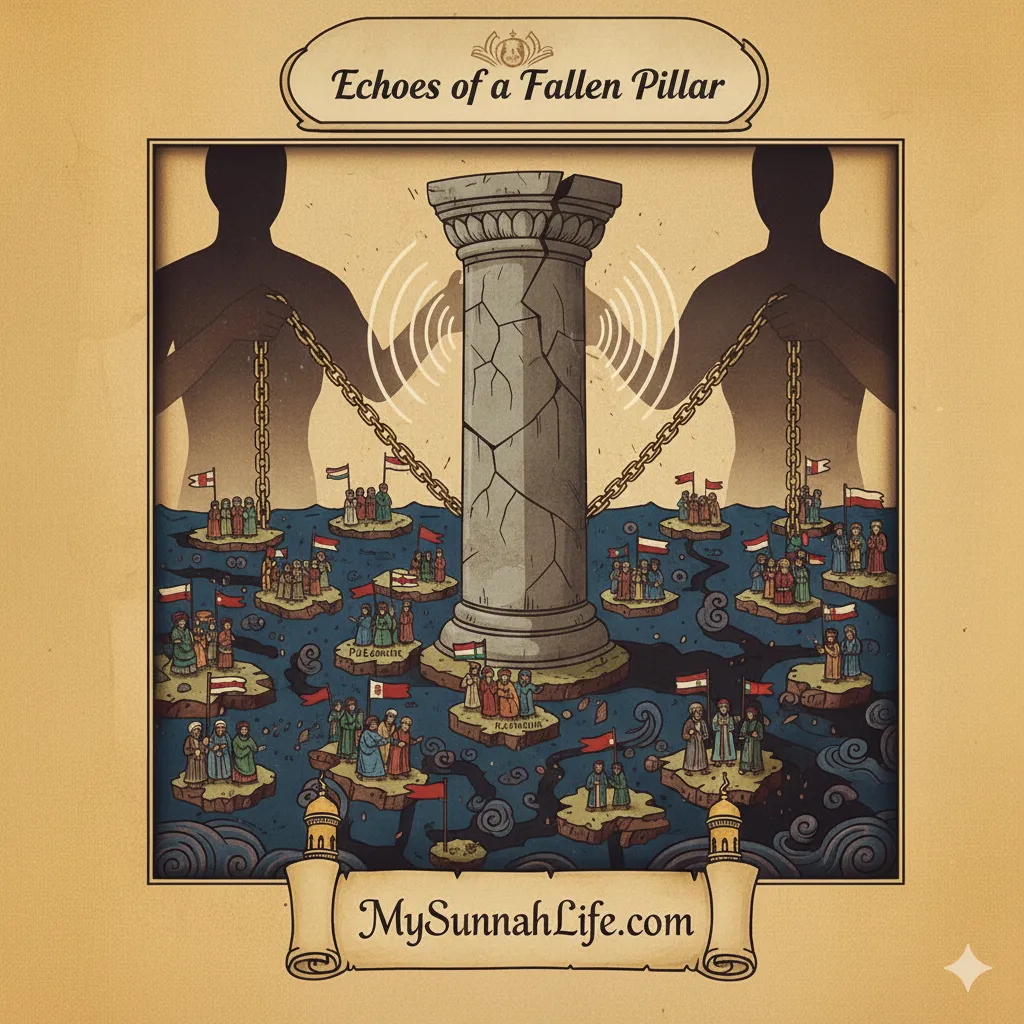
Today, we live in the long shadow of that day.
When we see the infighting and the bloodshed between Muslim nations, we are hearing the echoes of 1924.
When we see the inability of the Ummah to collectively respond to the cries of the oppressed in Palestine, in Kashmir, in Myanmar, we are seeing the paralysis of a body without a head.
When we feel that deep, unspoken ache for a lost sense of direction and purpose, we are feeling the wound of a community that lost its center.
The political vacuum was filled by ideologies of the East and West, pulling us in every direction except the one that leads back to Allah.
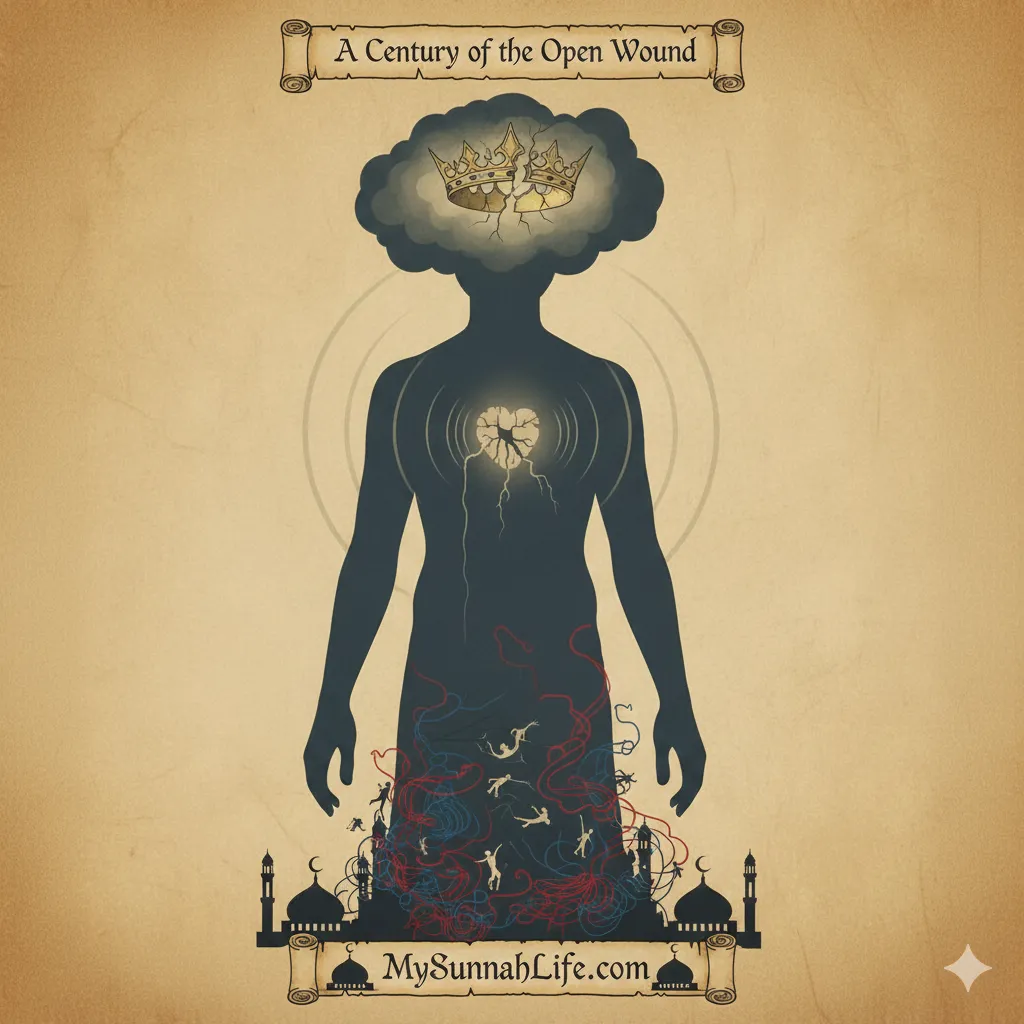
The abolition of the Caliphate was not just a political event. It was a spiritual amputation. It formalized the separation of our worldly affairs from our divine guidance.
A century has now passed. But the wound remains.
We were once a single body. And on March 3, 1924, we lost the memory of what it felt like to be whole.
